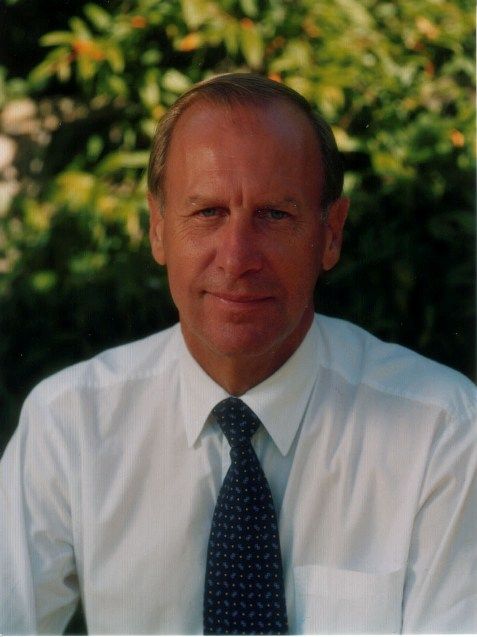 ”I feel proud of being a small part of it and happy to be part of it,” says Rune Rydén.
”I feel proud of being a small part of it and happy to be part of it,” says Rune Rydén. Rydén has been involved with the UArctic since the first ideas to create a cooperation between circumpolar higher education institutions in the late 1990’s. The Scandinavian Seminar Group, which has offices in the US and Sweden, helped play a role in the creation of UArctic which was launched in 2001. Rydén attended the launch on June 12, 2001 in Rovaniemi Finland as a representative of the group. The Swedish native says he remembers the launch as a special day.
“I had some idea that this was a historical moment, and that something new and interesting would come out of it,” he says.
According to Rydén, UArctic has a special role in the Circumpolar North. He says the organization can help provide education in subjects specific to the North such as flora, fauna and reindeer herding. He also says the North has a very specific environment from the rest of the world, especially with climate change. For him, UArctic could help showcase this issue. Additionally, the Circumpolar North will have an important economic role in the future. In order for residents to benefit they need education, and that’s where UArctic fits in, says Rydén who is a member of Ofelas (UArctic’s Executive Committee and Senior Management Group), Chair of the External Relations Committee, and a member of UArctic’s Board of Governors.
“People here know more about the region than people south of here,” he says.
Rydén says UArctic has faced some bumps in the road these past five years. He says, UArctic’s first year was a time to workout all the kinks. However, during the council meeting in Yakutsk Russia the next year, he noticed that the organization was working more smoothly.
“I think it has been more or less on track since that date,” he says.
Rydén says he is pleased that UArctic is helping to create exchanges between northern and southern higher education institutions. He says UArctic’s newest program, GoNorth, is a step in the direction. Rydén brought forward the idea to create such a program during previous Council of UArctic meetings.
As for UArctic’s future, Rydén believes that UArctic will continue to move on the same positive direction. However, he would like to see UArctic to get more involved in the science community. He also says funding is an issue that needs a permanent solution. He would also like to see more Swedish members in UArctic, but he says a structure problem in the country has prevented more involvement.
“I would like to see a greater involvement on the Swedish side and I’m working hard to do that,” says Rydén.
However, regardless of the areas UArctic needs to improve on, Rydén says he has enjoyed being part of the organization for almost a decade. He describes his time with UArctic as a great challenge and experience.
“I have so many positive memories and experiences it’s hard to pick one,” he says.
He also believes that others involved in UArctic feel the same way.
“I think we have founded a ‘family’,” he says.
